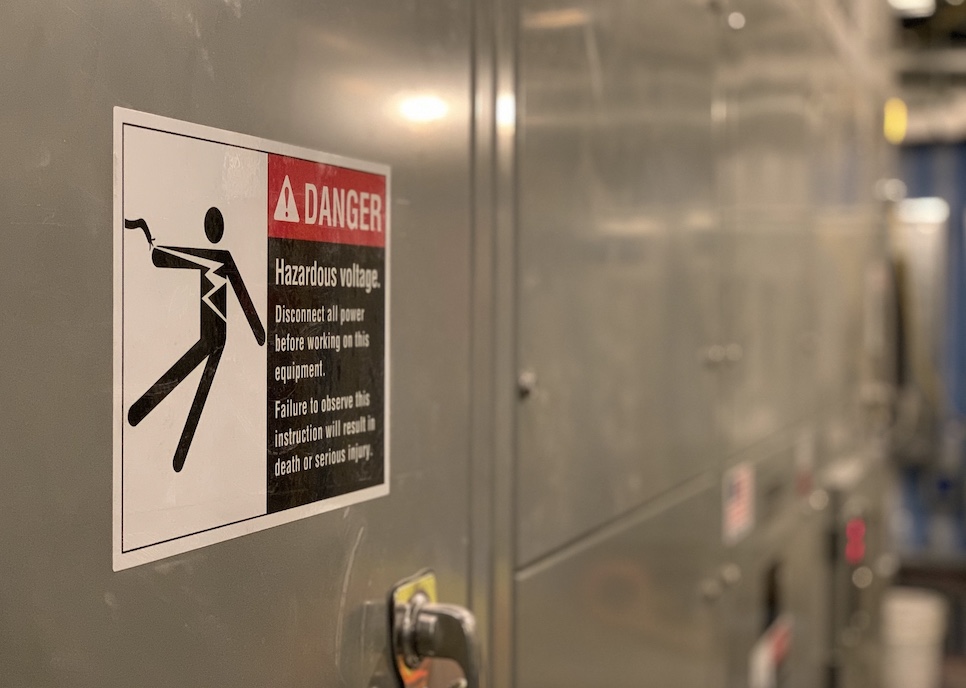Fires, vandalism, cyberattacks, and weather events are just some external events that could put your startup at risk. Any service interruption can significantly impact the bottom line of a small business – or its very existence. When an external event affects your startup’s operations, cash flow slows rapidly, and bills keep building.
Startups may not have the financial reserves to fix these issues rapidly when disaster strikes. Still, they can understand the vulnerabilities and create a risk mitigation strategy before the emergency occurs. Here are some tips for making an emergency preparedness plan.
Assess the risks
Gather all your team members and start brainstorming scenarios that could disrupt your business operations. Next, think about how you can mitigate their impact. Consider how likely it is for that emergency to take place. Some events are less likely to affect a business depending on factors such as location. However, other threats – like cyberattacks – pose the same risks for all companies.
Consulting with insurance and other reliable advisors can help you understand the risks for different emergencies and implement strategies to keep your startup and employees safe. While prevention strategies may be costly, they can reduce losses in the long term.
Focus on infrastructure
Infrastructure involves the current physical building where your startup operates and utilities like gas, water and electricity. Maintaining your building in a proper shape is essential because it will help prevent minor issues like a leaky roof from becoming more significant during natural disasters.
If an emergency occurs, it will disrupt your business operations. However, that doesn’t necessarily mean you’ll be forced to close your business until everything is fixed. For example, supposing your boiler system stops functioning, you’ll need to resolve the issue and replace it as soon as possible. But in the meantime, you can use boiler hire services and keep running your startup. This temporary solution can save your venture during emergencies.
Prioritise employee safety
Every business owner should put employees’ safety first. Moreover, they should always remind team members they are valued. Make sure to improve evacuation plans according to your employees’ input. Take time to define responsibilities and roles and check if all your employees are well-versed on the adequate procedures. Also, provide them with emergency numbers for police and local fire.
These are all pre-emergency measures, but developing a post-emergency plan is crucial too. Therefore, make sure to consider your employees’ well-being if an emergency occurs. Build a check-in process to inform the staff of the following steps and provide them with resources they may need, such as an assistance hotline.
Consider customer safety
Customer safety should also be a priority for every startup. Even a minor thing can pose safety risks and impact your venture. Slips, trips, and falls are among the most common injuries customers report yearly. Therefore, you should keep walkways and aisles clear, improve ventilation systems and lighting, and use anti skid mats to reduce the risks of accidents.
Moreover, efficient cybersecurity systems are crucial to keep customer data like bank accounts safe from hackers. If you experience a data breach, you should contact your customers right away so that they can take steps to reduce damage.








